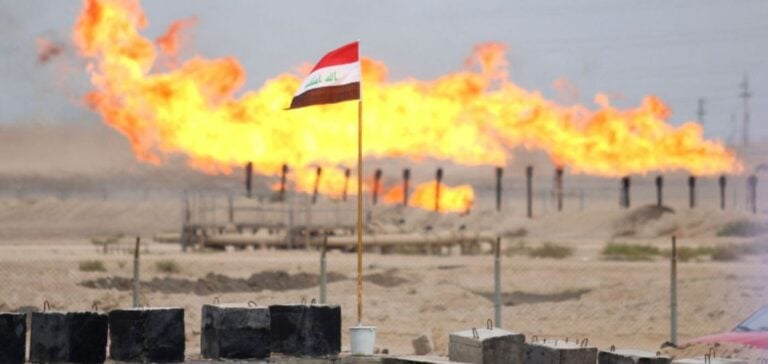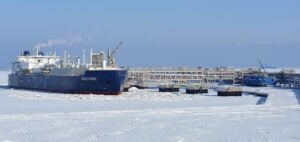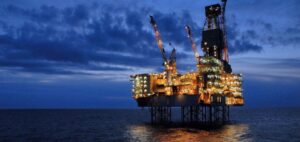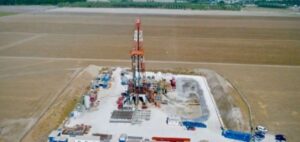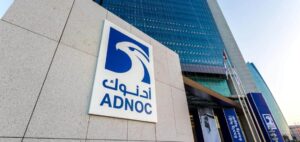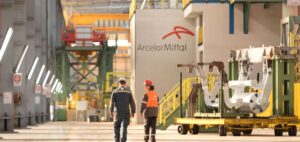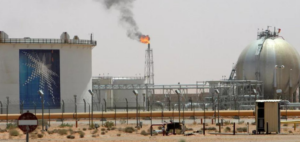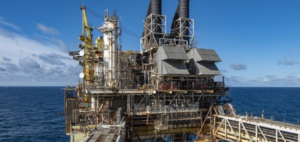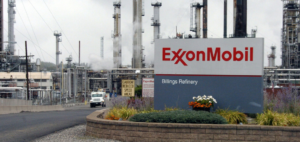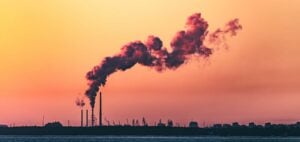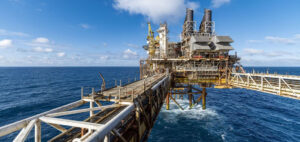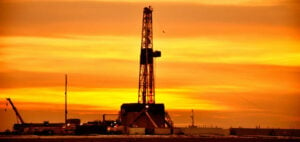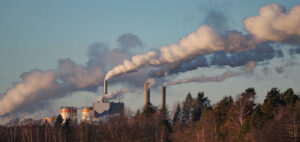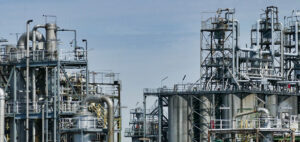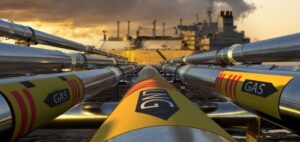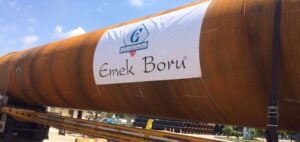TotalEnergies signs a $10 billion megaproject agreement in Iraq to exploit flared gas and solar energy.
A partnership sealed with TotalEnergies as a remedy for Iraq’s failing power grid.
After tensions and lengthy negotiations, TotalEnergies and the Iraqi Oil Minister sign the megaproject agreement at a ceremony in Baghdad.
“Today we are committing ourselves with Total and all the partners to a serious and fruitful cooperation, to begin the implementation of these contracts on the ground”, the Iraqi Minister was pleased to say, in a speech preceding the signing of the four projects.
The announcement comes at a time when Iraq is trying to attract foreign investors to modernize its infrastructure, ravaged by decades of conflict, public mismanagement and endemic corruption.
Energy modernization in Iraq: TotalEnergies commits to reducing load shedding by exploiting flared gas.
Some of the investments planned by TotalEnergies’ mega-project will help to modernize the ailing electricity sector. 42 million Iraqis live with daily power cuts lasting up to 10 hours a day, particularly intolerable in summer when temperatures approach 50 degrees.
“Things are in order, the partnership is consolidated: TotalEnergies keeps 45% of the project, Basrah Oil Company 30% and QatarEnergy joins us at 25%,” Mr. Pouyanné told AFP on Monday. In a speech, he hailed a “historic day”: “TotalEnergies was born in Iraq in 1924, almost a century ago, so it’s very symbolic for me (…) to be here today to maintain and continue this history”. – Self-sufficiency” in gas – Questioned by AFP, Bassem Khdeir, the deputy oil minister in charge of extraction, assured us that “the concrete steps on the ground: the construction of infrastructures, the studies”, would begin “within a month”. But it will be three years before the projects “bear fruit”, he said.
A first project aims to recover flared gas from three oil fields to supply gas to the country’s power plants. As old as the oil industry itself, this extremely polluting practice involves burning off the gas released during the extraction of crude oil. According to the World Bank, Iraq is the second country in the world to make such extensive use of this process, just behind Russia.
Ambitious projects for energy autonomy and diversification of energy sources.
A second project aims to develop a giant 1 GW solar power plant to supply the electricity grid in the Basra region (south). A third involves increasing production at the Artawi oil field (south) to 210,000 barrels/day. A final component involves the construction of a seawater treatment plant to supply water to the oil fields and contribute to Basra’s drinking water supply.
The project will eventually provide five million barrels of water a day, according to figures unveiled at the ceremony in Baghdad on Monday.
“Today’s agreements launch the work (…), on the ground we will mobilize our teams this summer”, Mr. Pouyanné assured AFP. He expects to deliver “the first tranche” of the solar plant “within two years”. But the Megaproject is scheduled for completion in 2027-2028, he continued. “We will have delivered the water, the gas flaring reduction, the producing oil field and the entire solar plant,” said Mr. Pouyanné.
Daily load shedding is exacerbated by the ultra-dependence of Iraq’s power plants on gas supplied by influential neighboring Iran. The authorities are therefore seeking to diversify their energy sources. In particular, they aim to phase out gas flaring by 2030, with a view to “achieving self-sufficiency” by using the gas to power their power plants, says Mr Khdeir.


